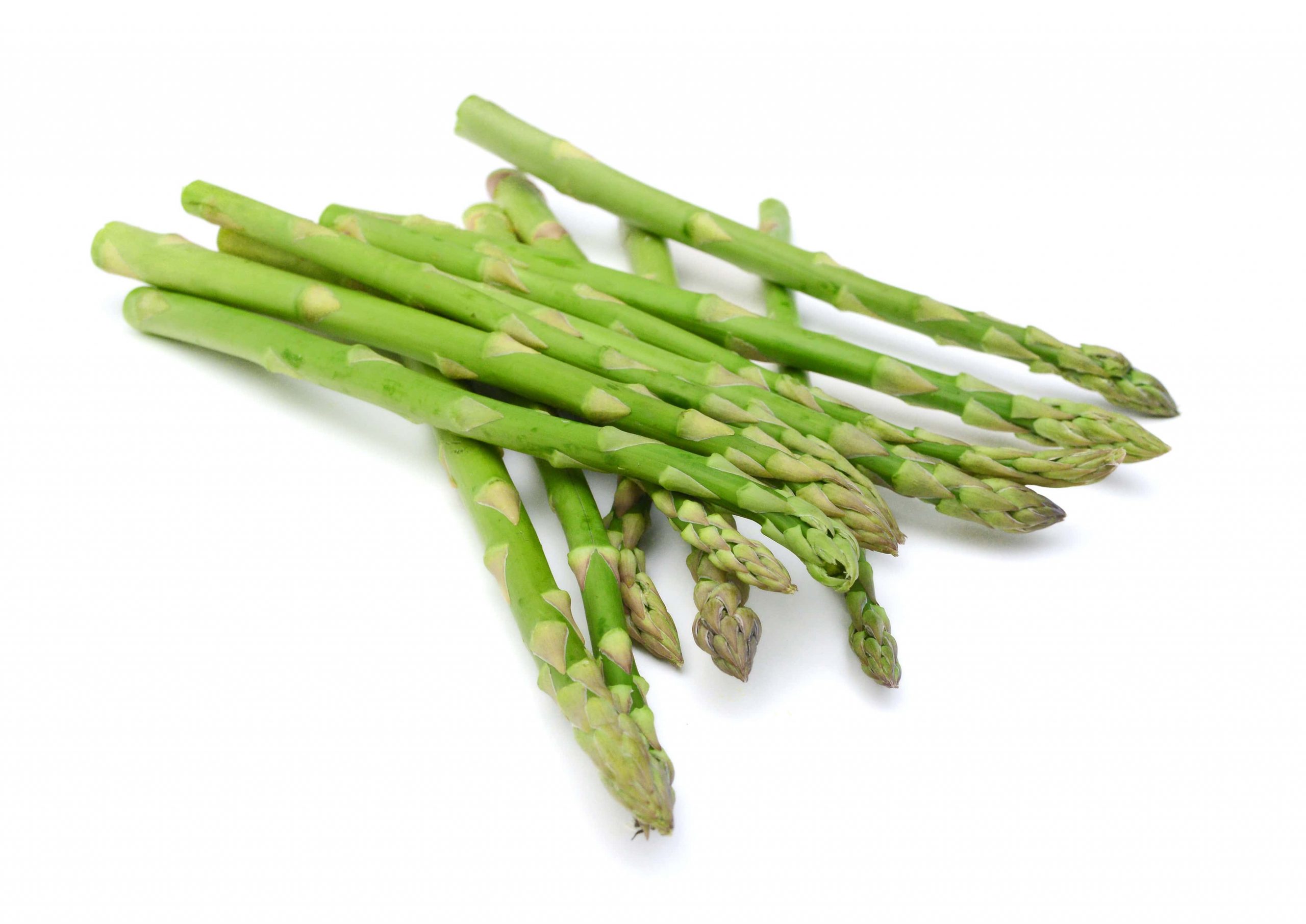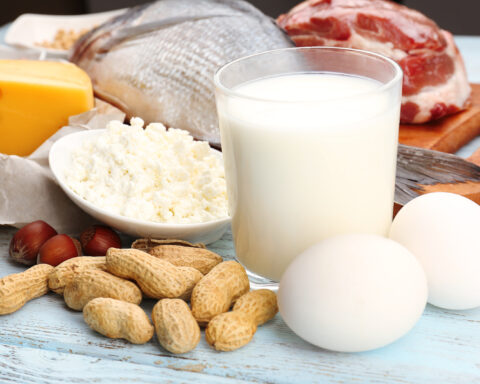The asparagus plant is low in calories and high in fiber, making it suitable for weight loss, heart health, lowering blood pressure, and as a natural diuretic. It can also improve digestion and is easy to incorporate into your diet.
Asparagus is a perennial plant considered to be a delicious and nutritionally well-balanced vegetable. It is adored for its nutritional value, such as folic acid, fiber, potassium, and vitamin B6. Asparagus has various colors, including white, green, and purple, and are used in making several dishes like pasta, frittatas, and stir-fries. Apart from their nutritional value, they are also low in calories, meaning they are good for weight loss and people with diabetes. We have compiled seven reasons why asparagus should be part of your daily meals and the health benefits that come with its consumption.
It boasts tons of nutrients with few calories.
Asparagus is revered in the vegetable world for its nutrient profile and low-calorie levels. For instance, half of a cup (90 grams) of this vegetable has 20 calories, 2.2 grams of protein, 1.85 grams of fiber, and 0.2 grams of fat. Additionally, the same amount also provides 12% of your daily need of vitamin C, 18% of vitamin A, 57% of vitamin K, 34% of folate, 6% of potassium, 7% of vitamin E, and 5% of phosphorus. This vegetable also contains small amounts of other micronutrients, such as zinc, iron, and riboflavin. Since it is a great source of vitamin K, it helps in strengthening bones and blood clotting.
It is an excellent source of Antioxidants.
Food rich in antioxidants is ranked high in the nutrition chain due to the benefits of this compound. Antioxidants are needed by body cells to fight disease-causing oxidative stress and free radicals. Oxidative stress has contributed to inflammation, aging, and several ailments, including dreaded cancer. The antioxidants in asparagus, such as vitamin C, vitamin E, glutathione, polyphenols, and flavonoids, help fight these free radicals, thus enabling the cells to perform at optimum. Test-tubes and animal studies show that antioxidants are also good in lowering blood pressure and acts as an anti-inflammatory and antiviral agent. The purple asparagus is richer in antioxidants than the other species by providing anthocyanins helpful in reducing the risk of a heart attack.
It can promote your digestive health.
Asparagus is high in dietary fiber, which has improved digestive health. 9 grams of asparagus boasts 1.8 grams of fiber, providing 7% of a person’s daily needs. Several studies agree that foods rich in dietary fiber are heart-friendly since they aid in minimizing the risk of high blood pressure, diabetes, and coronary disease. The fiber content in asparagus is an insoluble fiber known for adding bulk to the stool, thus help in supporting regular bowel movements. The fiber dissolves in water along the digestive tract to form a gel-like substance responsible for easy movement and passage of stool. Additionally, the gut bacteria, such as Lactobacillus and Bifidobacteria, feeds on this fiber for better gut health. These bacteria are also known to produce vital nutrients, such as vitamin K2 and B12, which strengthen the immune system. Consuming asparagus will help meet your daily fiber needs and promote the health of the digestive system.
It is Good for a Healthy Pregnancy
Pregnant women need folic acid and asparagus being rich in folate and vitamin B9 is an excellent addition to their diet. Half a cup of this vegetable provides 34% of an adult’s daily needs and 22% of pregnant women’s daily needs. Folate is needed in the formation of DNA and red blood cells needed for healthy development and growth. Folic acid, a product of folate found in fruits, asparagus, and leafy greens, can help prevent neural tube defects, such as spina bifida.
Spina bifida could result in various complications, including lack of bladder and bowel control, learning difficulties, and physical disabilities. The value of adequate folate during pregnancy that doctors recommend an intake of this supplement to ensure pregnant women acquire their daily needs.
It Could Help in Lowering Blood Pressure
Research show that high blood pressure affects over 1.3 billion individuals globally and is a major contributor to stroke and heart diseases. Studies have found that an increase in potassium intake coupled with a reduction in sodium intake can help in lowering high blood pressure. Potassium helps reduce blood pressure by enhancing the excretion of excess salt through urine and relaxing blood vessel walls. Potassium can be found in asparagus in high amounts, with a half-cup serving giving 6% of a person’s daily needs.
Animal studies conducted in mice with high blood pressure show that asparagus contains other properties responsible for lowering blood pressure. For example, one study gave rats a diet having 5% of asparagus, and another group was given a diet with no asparagus. The result after ten weeks indicated that rats fed asparagus had experienced 17% lower blood pressure than those not on the asparagus diet. Scientists reason that this effect is caused by an active compound found in asparagus that dilates blood vessels. Nevertheless, no human study has proven that this active compound will produce similar effects in humans.
Asparagus can help promote weight loss.
Though there are no current studies on asparagus that have tested its efficiency in weight loss, it has several properties that could aid in weight loss. First, asparagus has low calories, with 90 grams having only 20 calories, meaning one can eat a lot of this vegetable without the risk of adding too many calories. Asparagus also has a 94% water content, making you fuller, leading to low food consumption, hence weight loss. Asparagus also has high-fiber content that takes longer to digest, meaning you will feel full for a long time, reduce your calorie intake and result in weight loss.
It is Good for Brain Health
Asparagus has anti-aging properties that could help the brain to remain active longer and fight early cognitive decline. This vegetable is one of the rare vegetables with vitamin B12 (often found in animal products) and folate that helps in reducing cognitive impairment. One study conducted at the University of Tufts showed that older adults possessing healthy vitamin B12 and folate levels had high metal flexibility and response speed. Asparagus is a perfect source of these nutrients necessary for increased brain functions in older people.
It Acts as a Natural Diuretic
Asparagus contains amino acid asparagine, which can act as a natural diuretic. Diuretics help in increasing urination, thus helping release fluids and excess salt from your body. People suffering from edema (a condition characterized by fluid accumulation in body tissues), heart disease, and high blood pressure can benefit from consuming asparagus as it helps flash out these fluids. Remember that sometimes consuming asparagus results in a strong urinary odor caused by the metabolized compound in the vegetable, giving your urine a distinctive smell. This is not a cause of worry because it has no harmful effect.
You Can Easily Add It to Your Diet
Asparagus is a versatile vegetable that can easily be incorporated into many diets. This vegetable can be cooked through grilling, boiling, roasting, steaming, and sauteing. Additionally, you could purchase precooked asparagus ready for consumption. Asparagus can also be included in dishes like stir-fries, salads, frittatas, pasta, and omelets to help add flavors to these dishes. As you visit grocery stores, check for ones with firm stems and closed tips.
The Bottom Line
Asparagus is a popular vegetable that is rich in valuable nutrients. It is also low in calories and high in fiber, making it suitable for weight loss, heart health, and lowering blood pressure. Eating asparagus could also help pregnant women improve their urination and can easily be incorporated into the diet. With asparagus, you are confident of high antioxidants that help fight inflammation and cancer.
- FDC – Giejo Magazine Article - July 29, 2023
- MoriMa Tea the – Chinese tea culture - April 26, 2023
- Missionary Position – Least Likely To Bring You To Climax - April 7, 2023









